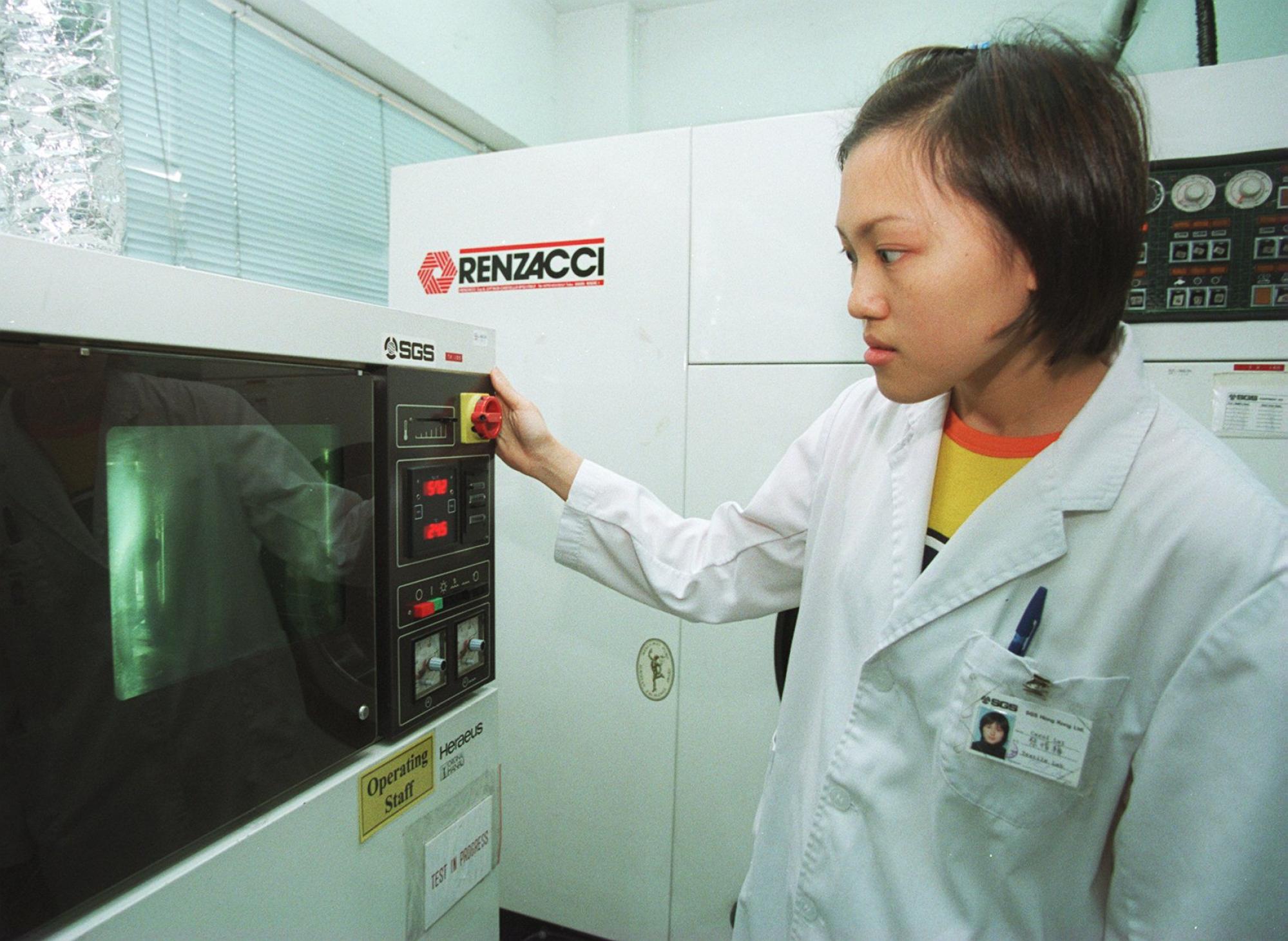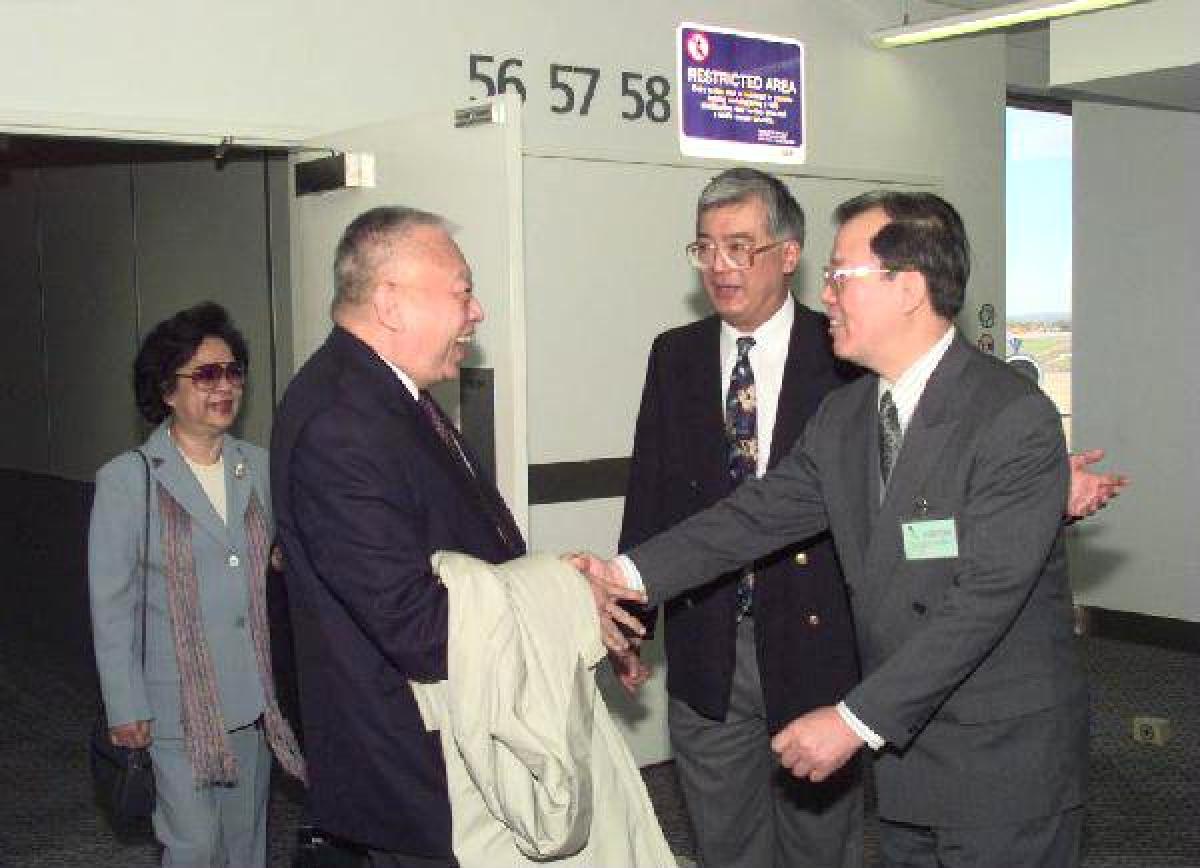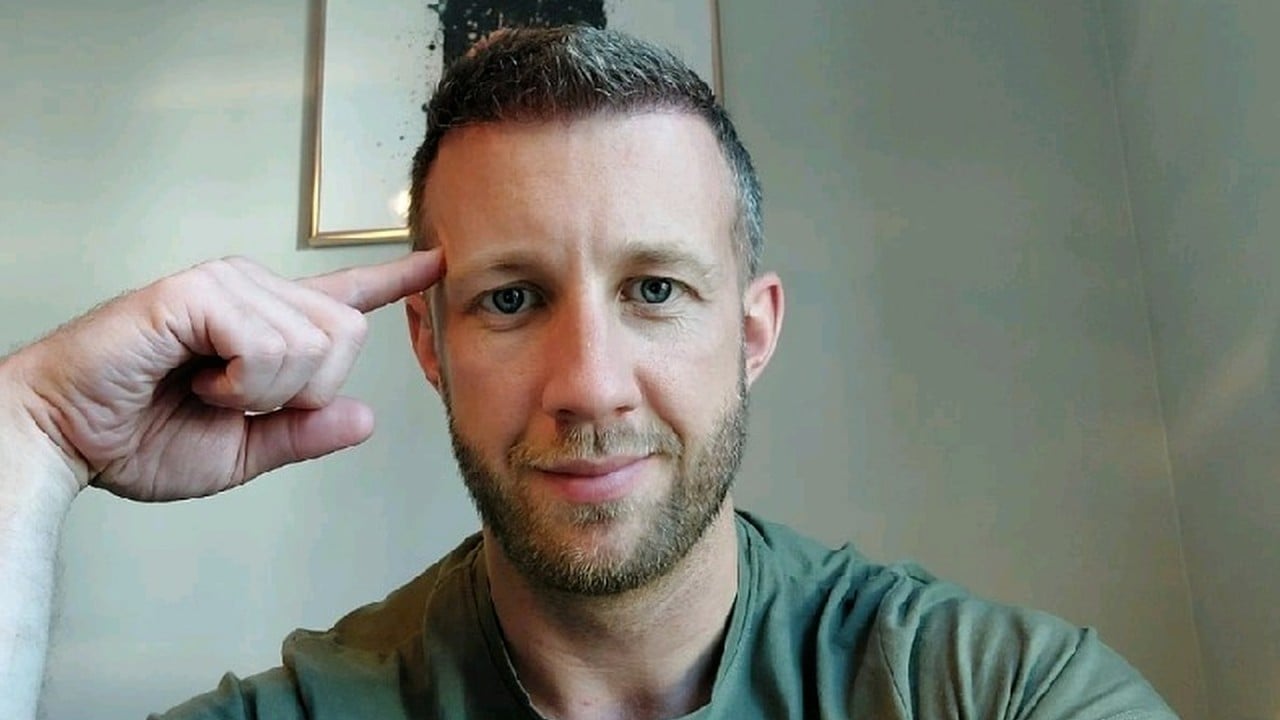Hong Kong has 14 ETOs across North America, the United Kingdom, Europe, Japan, Southeast Asia and Australia. They were established in accordance with Article 156 of the Basic Law, which provides that “the Hong Kong Special Administrative Region may, as necessary, establish official or semi-official economic and trade missions in foreign countries”. The history of Hong Kong’s overseas representations on trade and economic issues goes back a long time, well before becoming a special administrative region.
After the second world war, Hong Kong emerged as a powerhouse in textile and garment manufacturing. Following the communist takeover in 1949, textile manufacturers from mainland China brought capital, machinery and skills to Hong Kong, and soon became leading exporters of cotton yarn to Southeast Asia.
Hong Kong’s textile manufacturers diversified into weaving and the production of fabrics and garments. Hong Kong’s textile and garment industry became so successful that by the 1980s, it had become subject to “voluntary export restraints” imposed by Western importing countries. The voluntary export restraints were later transformed into quotas for the export of textile products to the developed countries.

The imposition of textile export quotas and other trade restraints forced Hong Kong officials to play an active role in defending Hong Kong’s trade and economic interests in Geneva and other capitals, arguing for the reduction of tariffs, quotas and subsidies in accordance with the General Agreement on Tariffs and Trade, a treaty aimed at promoting free trade signed in 1947.
A batch of Hong Kong’s trade officials were posted to Geneva, Washington and Brussels, where they represented Hong Kong in multilateral and bilateral negotiations on a wide range of trade issues, including quotas for textile exports, tariffs and non-tariff barriers and rules of origin, as well as anti-dumping and intellectual property-related issues. They were attached to British missions, allowing Hong Kong officials to acquire much expertise in trade negotiations and valuable experience of working closely with Western officials.
In the run-up to the handover in 1997, Hong Kong made frantic efforts to unscramble its trade and economic units from British posts and re-establish them as separate ETOs, in accordance with an agreement reached with the Chinese authorities and enshrined in Article 156 of the Basic Law of Hong Kong. The opportunity was also taken to establish ETOs in countries which were important export markets or trade partners of Hong Kong, such as Canada, Japan, Australia and Singapore.
Several consuls general working in Hong Kong in the 1990s stood out for their support for maintaining Hong Kong as a vibrant and internationally-oriented city following the handover. Thanks to the support of then consul general Dr Jocelyn Chey, Australia enacted the Overseas Missions (Privileges and Immunities) Act in 1995, which granted appropriate levels of privileges and immunities to missions representing non-state parties. Hong Kong’s ETO in Sydney, Australia, was accorded an appropriate level of exemptions and privileges under the Hong Kong Economic and Trade Office (Privileges and Immunities) Regulations in 1996.

Flush with fiscal surpluses, the government secured funding from the legislature to buy land or buildings to accommodate all ETOs. Negotiations were concluded with host countries to confer an appropriate level of privileges and immunities on all of Hong Kong’s ETOs.
The London ETO, established in 1946, is the oldest of Hong Kong’s overseas offices and has always been a special case. Because of Hong Kong’s constitutional relationship with the UK up till 1997, the London ETO even played an important role in coordinating bilateral visits and promoting cultural and academic exchanges. The office provided the equivalent of “consular” services to the large number of Hong Kong residents studying or working in the British Isles.
The amicable bilateral relationship unfortunately turned sour in recent years, after a small band of parliamentarians and activists in the UK lobbied their government to impose sanctions on Hong Kong and pressure jurists to step down from Hong Kong’s Court of Final Appeal.
Beijing’s enactment of a national security law in June 2020 to quell the prolonged unrest in Hong Kong was framed as an “interference” and a “clampdown” on rights and freedoms. All such accusations were made even as the UK government was undertaking a sweeping overhaul of its national security laws to toughen action against perceived “hostile state threats”.
In moments like these, when truth can easily fall prey to rumours and emotions, it is all the more important to think long term and ensure cool heads prevail.
Regina Ip Lau Suk-yee is convenor of the Executive Council, a lawmaker and chairwoman of the New People’s Party


